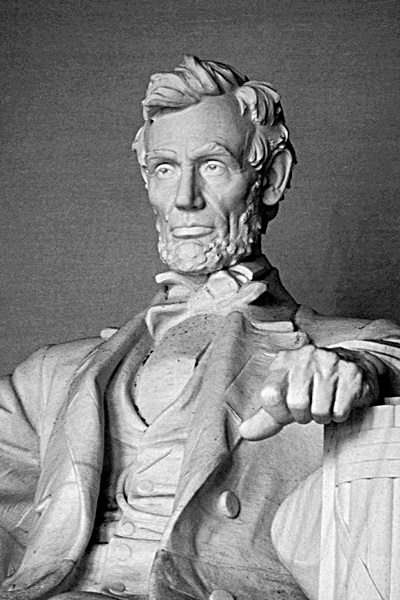Most of the leaders who surround us lead their companies and businesses, day after day, in an anonymous and silent way. Other people have or have had a major influence on many people because of their notoriousness: they are “worldwide” leaders, as was the case of such a legendary man as Abraham Lincoln. Having a look at the 16th American president, we can work some leadership lessons you might be interested in writing down:
Emotional intelligence and empathy
President Lincoln was aware of the importance of establishing bonds with his electorate. From the very first day he tried to gain the respect of those who knew him and during his presidency, citizens could go visit him in his office. You can tell a leader for their high degree of emotional intelligence and empathy for others. No leader is born a leader. Unlike other presidents that were generals or governors, Lincoln did not have experience leading teams and yet no one questioned his leadership. It is important to work on management skills and thanks to serious games and game-based learning methodology people can develop their skills through practice and simulation. Gamelearn is now developing the course-videogame Pacific, where there will be possible to practice leadership lessons.
Communication
Much of Lincoln’s success throughout story was due to his ability to communicate and connect with others. The iconic US president was a renowned storyteller, who could get his audience involved in his stories and vision of his projects. To be a leader is essential to establish oneself as a good communicator and know how to convey messages clearly.
Social skills
Besides empathy and emotional intelligence, the ability to mix with others is a characteristic trait of good leaders and their skills to persuade and lead teams. During the American Civil War, Lincoln formed a cabinet composed of political rivals, in whom he put his faith. A strong leader knows when to rely on others and is able to recognize the success of his team above his own. If you want to develop the skills of negotiation and conflict resolution, we suggest that you practice with the negotiation simulator Merchants.
Motivation
Motivation possibly is the most characteristic lesson from leadership. Sharing and spreading the passion for a project is vital to get support from a team and work together to achieve objectives and goals. Lincoln had his principles always clear and struggled to put them into practice throughout his career.
Inspiring trust
A leader can’t really be a leader if he doesn’t convey a positive message. In the recent movie about Lincoln directed by Steven Spielberg, the First Lady tells her husband: “No one is loved as much as you by the people. Don’t waste that power!” Abraham Lincoln took her advice and always tried to inspire trust to voters with an optimistic attitude.
Accepting criticism and advice
Lincoln was a politician open to criticism and debate. He empowered his leadership through dialogue with the American society of the time and used the opinion of others to self-correct mistakes and improve his public image. The US President accepted advice but also followed his own instinct whenever he thought it wise. Receiving feedback is essential for the development of social skills and learning of soft skills. Serious games for corporate training like Merchants and Triskelion incorporate that as an essential part of the learning process.
Which of these leadership lessons do you prefer?







Elias Linares
Elias Linares
Excellent post about Lincoln Leadership, and his smart decision in difficulty situations.